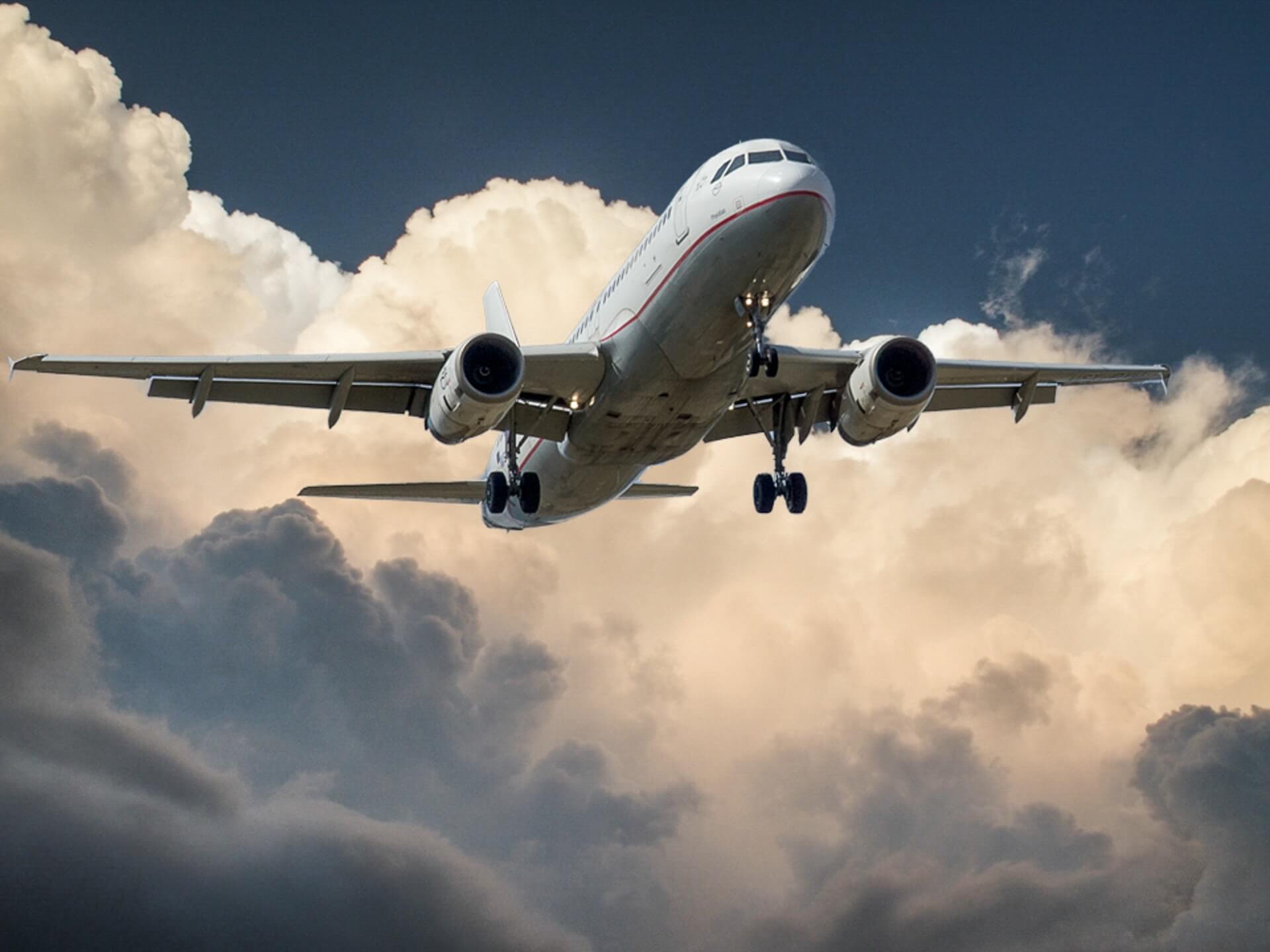Are you intrigued by the world of aviation, avionics, and aeronautics? If the world of flight is calling to you, you need this guide to aviation and aeronautical degrees.
Let’s take a deeper dive into aviation, avionics, and aeronautics. We’ll discuss what these degrees entail, available career opportunities, and which one is right for you.
Aviation vs. Avionics
Aviation is all about operating and flying various types of aircraft.
Avionics, on the other hand, focuses on the technology used in the field of aviation.
Aviation vs. Aeronautics
What about Aeronautics? How does aeronautical engineering differ from aviation?
While aviation refers to the art of flying an aircraft, aeronautics deals with the manufacturing and design of aircraft. An aeronautical engineer will design the craft that an aviator will operate.
All About Aeronautical Engineering
A degree in aeronautical engineering covers a wide range of topics such as aerospace computing, aviation meteorology, and aerodynamics. Take a closer look at what it entails!
What Does A Degree In Aeronautical Engineering Cover?
Aeronautical engineering degrees include the BEng (Bachelor of Engineering) and MEng (Master’s in Engineering) degrees.
Undergraduate-level degrees in aeronautical engineering usually last three to four years.
You will need a high competency in mathematics and physics. An entrance exam may be required. You may also have to prove your fluency in English if you are a non-native speaker.
Associate degree programs are offered for practicing aeronautical engineering professionals. These are for people who have changed careers from a similar field to aeronautical space.
In an aeronautical science degree program, you’ll be taught the theory of aerodynamics and practical applications for aircraft design.
You can also expect to learn the following skills:
- Research methodology and data collection
- Analytical and logical thinking skills
- Problem identification and solving
- Advanced mathematics and physics
- Mechanics and engineering
If this is the degree for you, expect airframe mechanics and aircraft maintenance lectures, practical coursework, and lab exercises.
Depending on the school, you might visit aeronautics facilities and attend lectures given by aerospace industry experts.
Different Types Of Aeronautical Engineering
An aeronautical engineering degree will prepare you for designing and manufacturing aircraft in the public and private sectors.
With an aeronautical engineering degree, you can end up working in a variety of sectors within the field. You may find a job in aeronautics, defense, or the aerospace industry.
Many aeronautical engineers go on to have successful careers with commercial airlines and with aircraft manufacturers in one of the following fields.
Aircraft Design Engineering
Aircraft design engineering entails the application of advanced materials and processes to improve the design of aircraft.
Astronautical Engineering
Astronautical engineering relates to the design of spacecraft. Astronautical engineers may specialize in sub-fields such as propulsion systems or structural design.
Flight Systems Test Engineering
If you choose the field of flight systems engineering, you’ll be a member of the flight crew of an aircraft. Your duties will include developing and testing flight plans. You’ll also monitor mechanical processes and engine performance during flight.
Rocket Engineering
Does the idea of building and testing rockets for the aerospace program excite you? This is a challenging and lucrative career for anyone who wants to make their mark in the world of space exploration.
All About Avionics
Avionics as a course of study is versatile. Let’s cover what you’ll learn!
What Does A Degree In Avionics Cover?
Avionics is a specialization within the field of aeronautical engineering. Whether it is offered as a separate concentration is highly dependent on your country and educational institution.
At the undergraduate level, high scores in physics, chemistry, and mathematics will be required. Computer science fluency is also needed. An entrance exam may be required. For top achievers, post-grad studies in avionics may also be offered.
Subjects covered in an avionics degree will be similar to those covered in an aeronautics course.
However, avionics will focus more heavily on chemistry and physics, computer and mechanical engineering, as well as electronics and communications. Most of the coursework in an avionics degree will take the form of group projects and practical lab work.
Post-graduate avionics programs delve more deeply into airplane performance and design, as well as flight deck instrumentation. If you choose to pursue this path, you may need to complete an internship.
Different Jobs With Education In Avionics
The electronic systems used in aircraft, spacecraft, and even satellites all fall under avionics. These include navigation systems, communications systems, and all other forms of instrumentation and display panels. So, an avionics qualification can prepare you to work in the manufacture of aircraft systems, or avionics maintenance. You can find opportunities within the aerospace industry and satellite communications sectors.
Your career path depends on whether you choose to focus on avionics design or avionics maintenance.
Examples of these two different paths are an aerospace engineer, versus an electro-mechanical avionics technician.
- The aerospace engineer works on avionics design They will be based in an office or laboratory, with the occasional trip to an aircraft hangar or factory to do inspections.
- Hangars and factories may be the daily work environments of the avionics technician. They test and repair avionics instruments.
All About Aviation
If your love of aircraft inspires you to fly them rather than design and build them, an aviation degree program is for you.
What Does A Degree In Aviation Cover?
In an aviation degree, you can expect to study topics like meteorology, aircraft aerodynamics, aviation law, flight training, airplane maintenance, and safety procedures.
An aviation degree can prepare you for a career in the field of aviation, as well as branches of aerospace and aeronautics. It focuses on the safe use, maintenance, and operation of aircraft in various conditions.
In an aviation degree program, expect to learn the fundamental principles of flight. and the knowledge of aviation law, statistics, airline operations management, human resources management, accounting, computer science, and communication.
Consider an aviation maintenance technology degree if you prefer the idea of aircraft maintenance over its operation.
For a leadership position in the aviation industry, an aviation management degree is the right one for you.
Different Types Of Aviation
If you choose to pursue a career in aviation, there are several exciting career paths you can go down. You could end up as an air traffic controller, a commercial or military aircraft pilot, or even the manager of an aerospace or aeronautics division.
A degree in aviation isn’t required to become a commercial or military pilot. Flight school training is offered at most airports and also through FAA (Federal Aviation Authority) -approved pilot schools or the military. However, even in commercial airlines and the military, you will further your employment prospects with an aviation degree. Your earning power may also increase with a degree in aviation.
Final Thoughts
Is NASA calling your name? Are you ready to get hands-on with a Cessna 172?
If you want to impact the fields of aeronautics, aviation, or avionics—consider studying toward your dream! This space offers many interesting courses of study and countless exciting career options.
Now that you know what each degree entails, you can make the best choice for you!
Cat Collins is a freelance online content writer, based in Cape Town, South Africa. Having studied psychology and sociology, she eventually settled on writing as a career. When not writing awesome online content, she is always striving to learn more about people and their passions in life.

